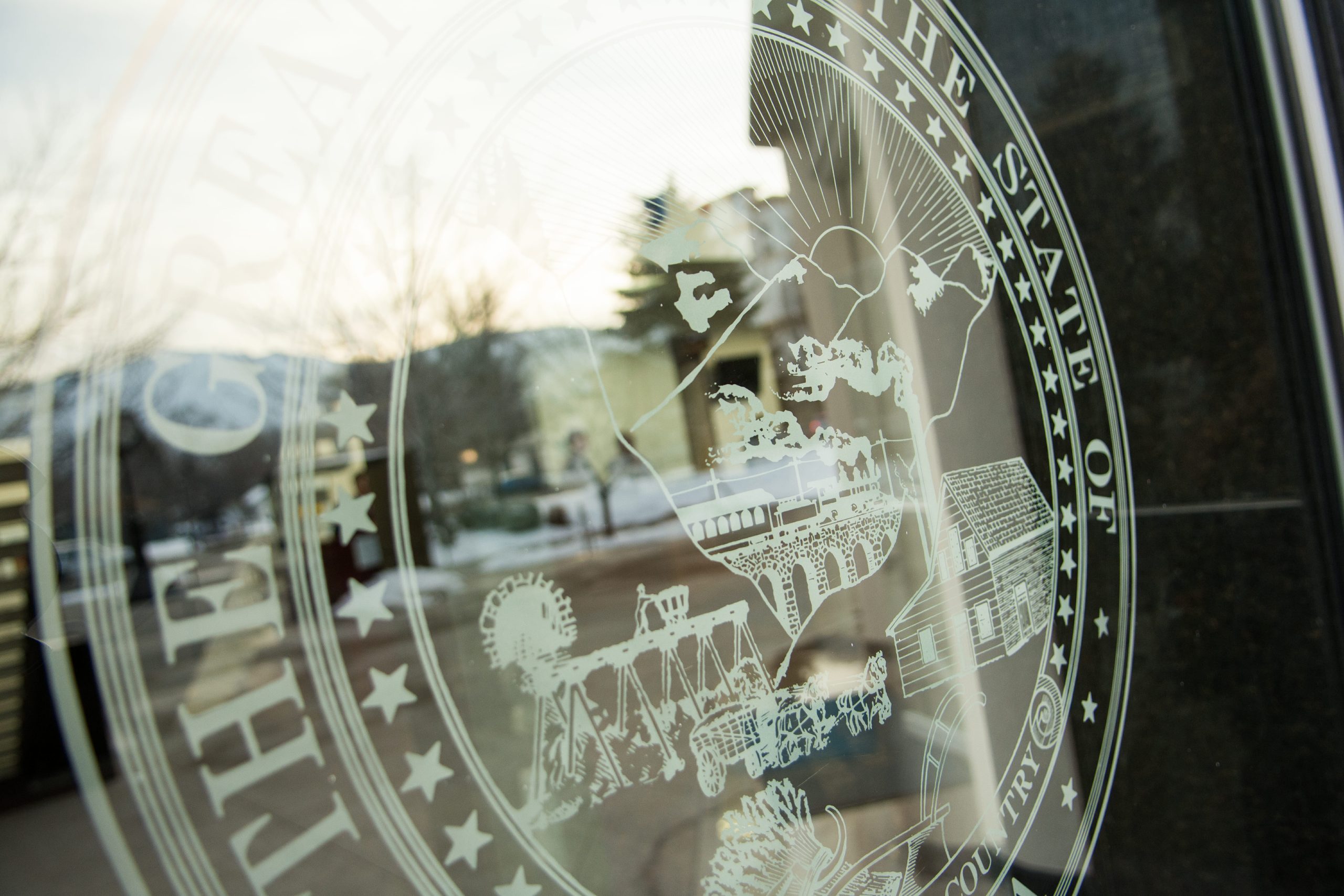Following an early-stage cervical cancer diagnosis, Reno resident Michelle Craig struggled to repay debt accrued from surgery to remove her uterus earlier this year.
During public testimony to state officials on Monday, Craig said that she purchased a plan through the state’s health insurance marketplace, which offers coverage for eligible Nevadans not insured by an employer, Medicaid or Medicare (government programs for those with low incomes, a disability or who are 65 or older). She said she faces an array of cost-prohibitive, high-deductible plans that require $9,000 in annual premiums and a $17,000 deductible for her three-person family.
“We do not go to the doctor; we do not seek any medical care unless absolutely necessary,” Craig said. “That means, in reality, we only have catastrophic health care because it doesn’t cover any regular medical care until we pay $26,000 a year.”
She isn’t alone. One woman described how she would not leave her job because she couldn’t afford private health insurance. Another commenter said many people feel “trapped by medical debt.” Community advocates argued that high costs force Nevadans to forego preventative care.
The testimony came during the first of two public meetings designed to generate feedback on the state’s steps to implement a public health insurance option with discounted plans for people not already covered through their employer. That’s happening through an application for a federal State Innovation Waiver.
Under the plan, the state is seeking federal approval to implement a state-based reinsurance program — a system that essentially works as insurance for insurance companies, paying a portion of high-cost claims and thus allowing insurers to lower the premiums for individual health insurance plans. The proposal also includes an annual bonus payment program to reward “carriers that make strides in improving health outcomes and quality of care” and would establish a loan repayment program for providers working in underserved communities for at least four years.
The state’s latest actuarial analysis, which was published Nov. 20, accounts for the reinsurance program and indicates that the waiver is expected to achieve an estimated $279 million in federal savings in the first five years and $760 million at the end of the first 10 years. If the waiver is approved, Nevada will recapture the savings the federal government realizes by not having to pay as much in subsidies for plans bought through the exchange because premiums are lower.
The proposal represents a compromise by Gov. Joe Lombardo’s administration, which has been staunchly critical of the 2021 law sponsored by Democratic Senate Majority Leader Nicole Cannizzaro (D-Las Vegas) establishing a state-managed public health insurance option.
Opponents of the legislation include health care industry groups such as the Nevada State Medical Association, Regional Emergency Medical Services Authority (REMSA), private insurance companies and the Nevada chapter of Americans for Prosperity, the Koch brothers’ political advocacy group.
In public testimony during the 2021 legislative session, these industry leaders argued that by requiring certain insurers to offer a public option plan that is cheaper than average, the public option would not reduce costs, but shift those costs elsewhere and worsen the state’s shortage of health care professionals. They also suggested that state lawmakers and officials should focus on signing up uninsured residents who are already eligible for Medicaid coverage rather than seeking to address the entire uninsured population.
By establishing a reinsurance program, reward system and loan repayment incentive, top aides for Lombardo said the program will mitigate some of the adverse effects on the health care industry stemming from offering a state-managed health care option.
Lombardo’s administration went a step further, rebranding what Democrats had touted as a “public health care option” to a “market stabilization program.” The state website for the public option now redirects to the “Nevada Coverage & Market Stabilization Program.”
Industry leaders have warned that the public health insurance option could exacerbate Nevada’s existing health care shortage and reduce access to care, though their voices were noticeably absent during public comment. Nevada Hospital Association CEO Patrick Kelly was the lone voice to speak in opposition at Monday’s meeting.
“The public option program has the potential to exacerbate two of our biggest problems: health professional shortages and cost shifting,” Kelly said.
He noted that the plan must address three issues to avoid destabilizing the health care market. Kelly said the first is the requirement for insurers to offer the options at a 4 percent markdown to reduce plans’ premium costs by 15 percent over four years. He argued that those reductions would lead to coverage denials, and providers would receive low reimbursement rates.
The second, he said, was the law’s stipulation that providers must be reimbursed at minimum Medicare rates, which are lower than private insurance rates, hindering recruitment efforts.
A Milliman analysis conducted last year indicates the national average reimbursement rate for plans in the individual market is 190 percent of the Medicare rate.
“Incentives provided to insurers under the reinsurance program must encourage them to offer reimbursement rates that are comparable to the self-insured and commercial markets,” Kelly said.
Finally, Kelly argued that the plan should limit who can enroll in a public option plan. He said people eligible for an existing health insurance program should not be permitted to enroll in the public option.
However, during the proposal presentation, Nevada Medicaid Administrator Stacie Weeks said the new reinsurance program is anticipated to relieve the pressure health insurance carriers face from having to offer discounted plans by nearly half once it’s up and running because the state is subsidizing some of the changes.
A little less than a month remains until the end of the public comment period, and how the state will adjust the proposal remains to be seen. Officials will accept public comments through Dec. 20. Nevada Medicaid will host one more public presentation on the afternoon of Dec. 5.
Officials are scheduled to submit the waiver application to the federal government by Jan. 1.

